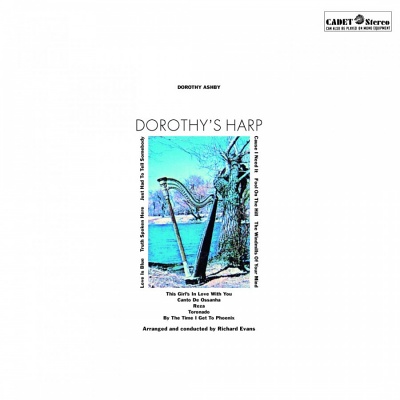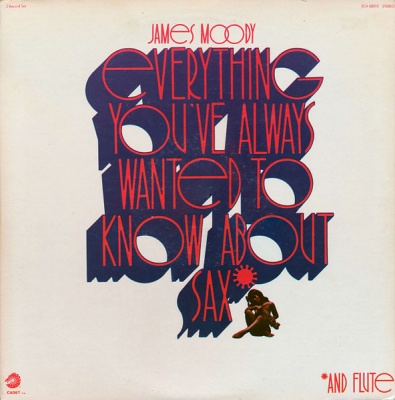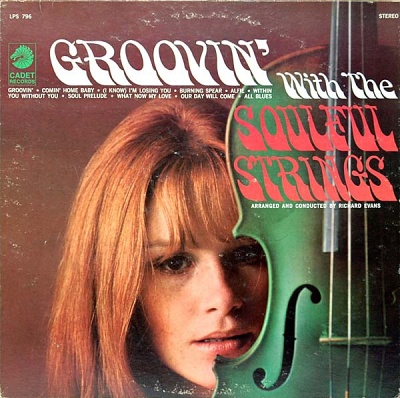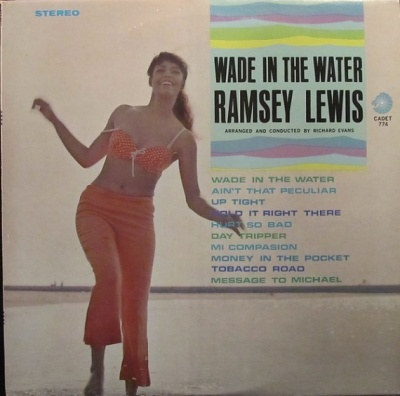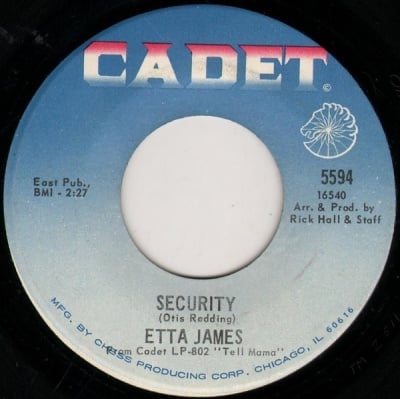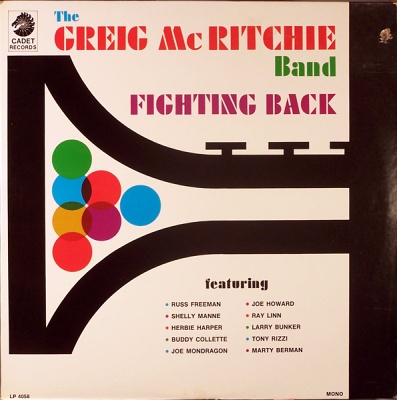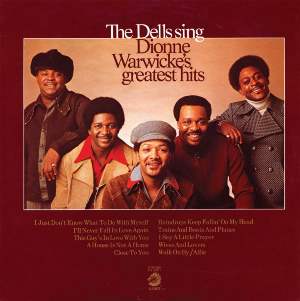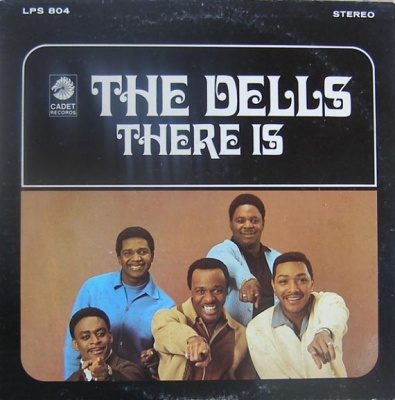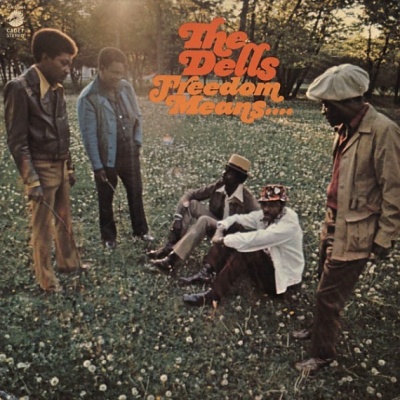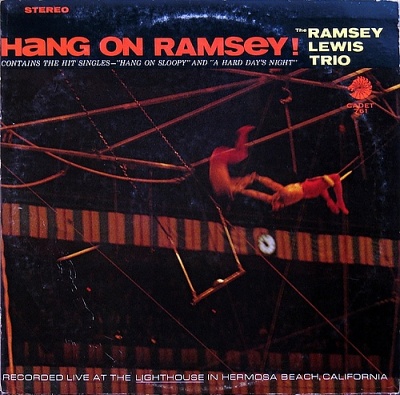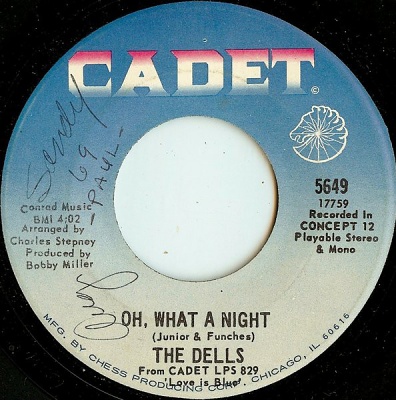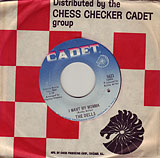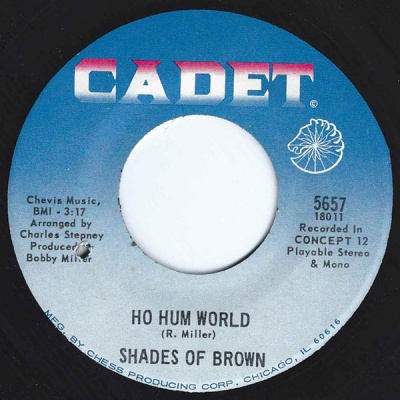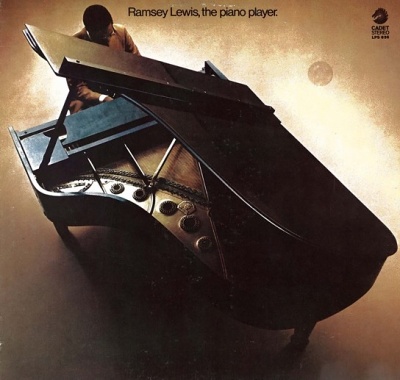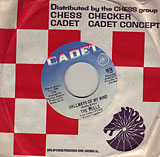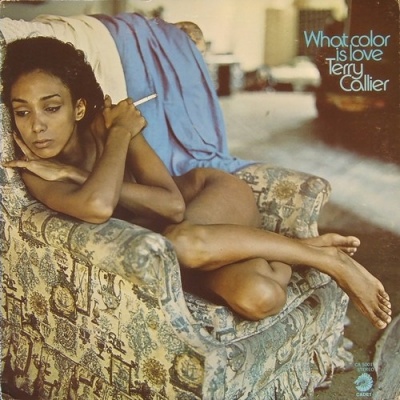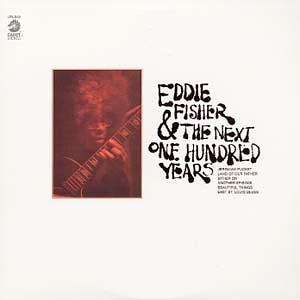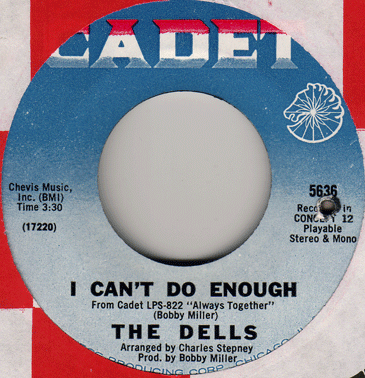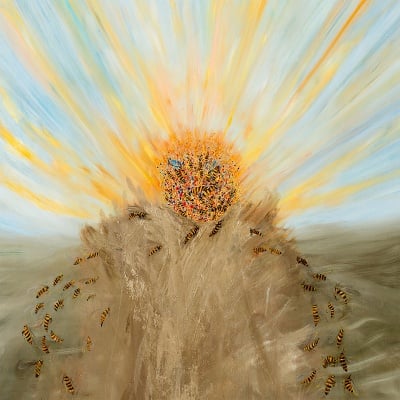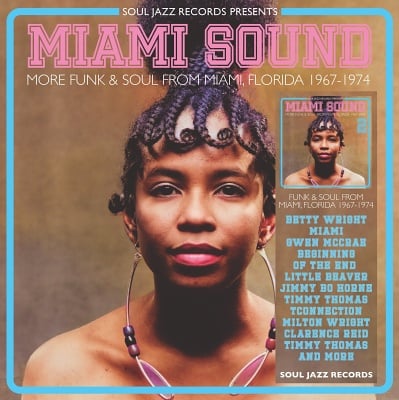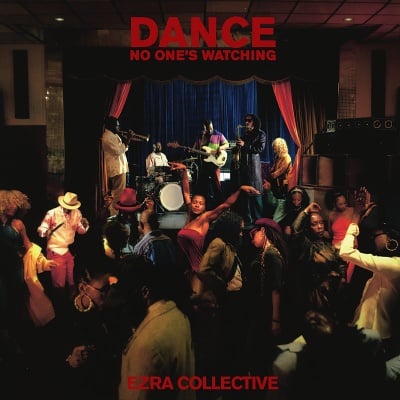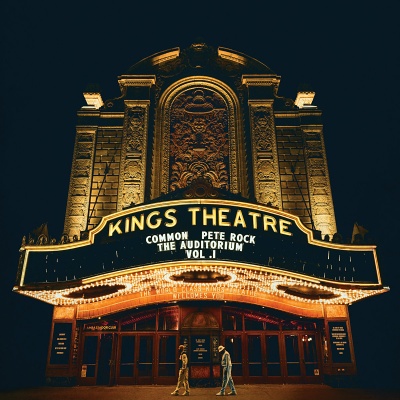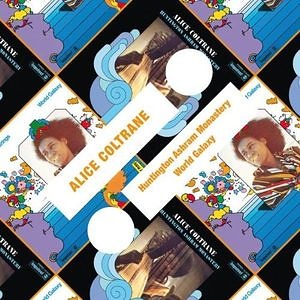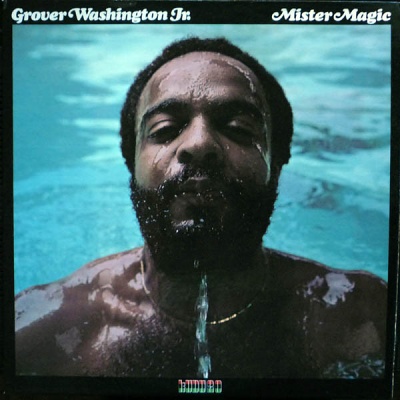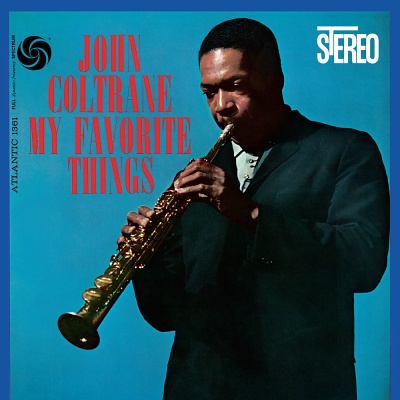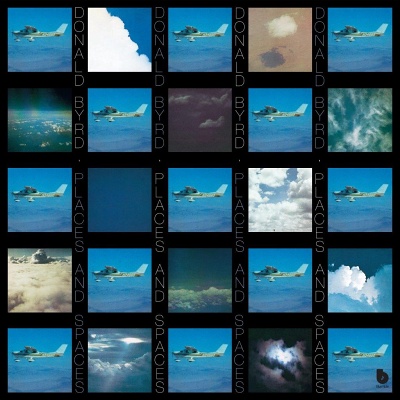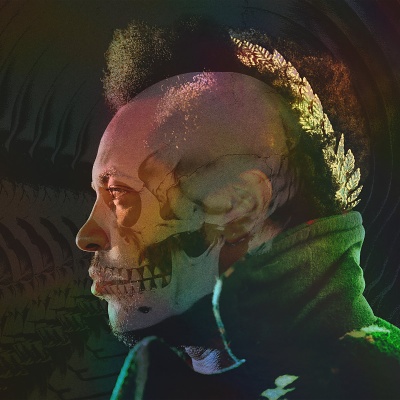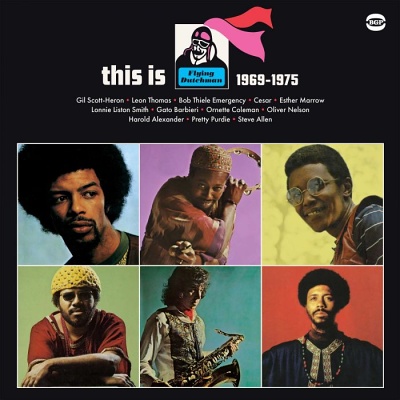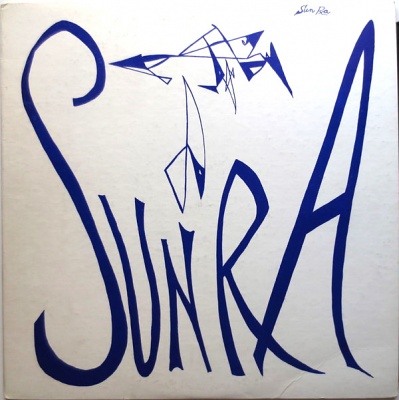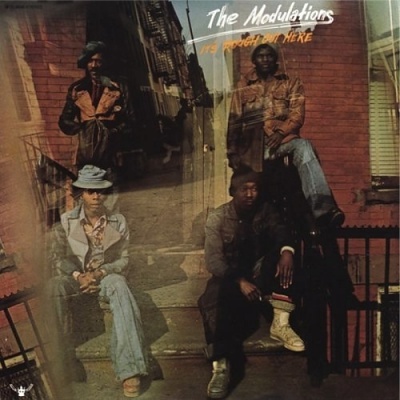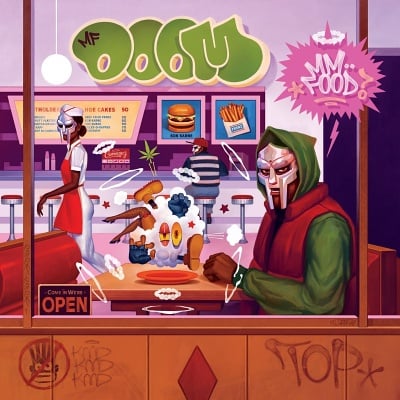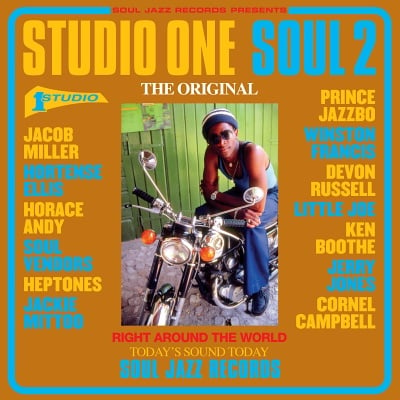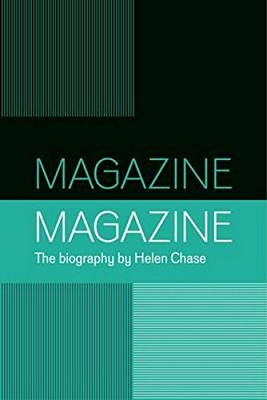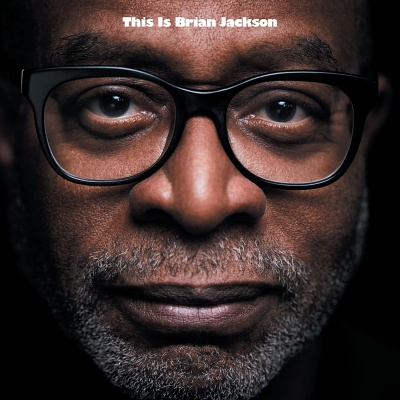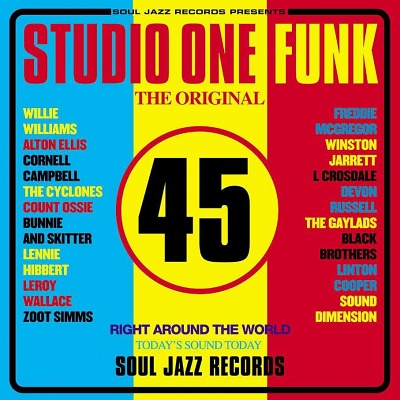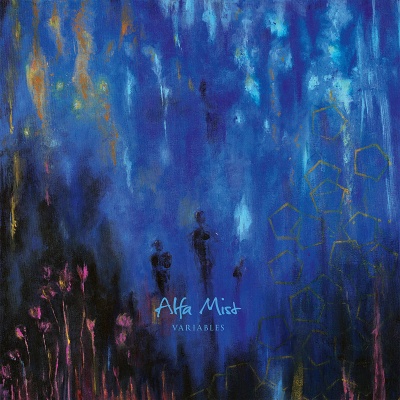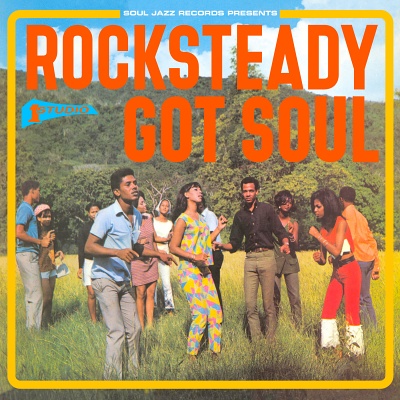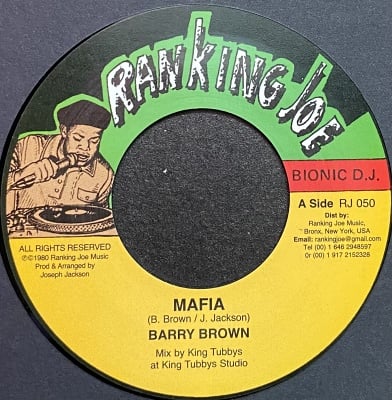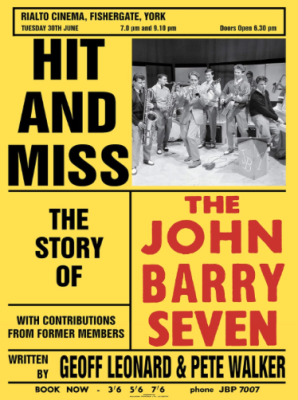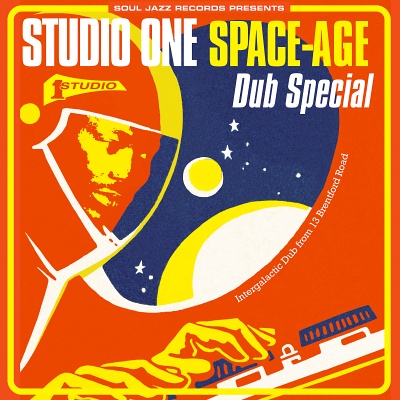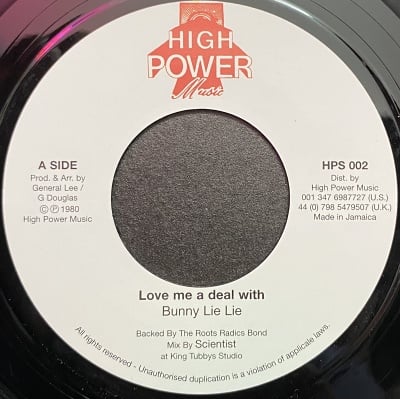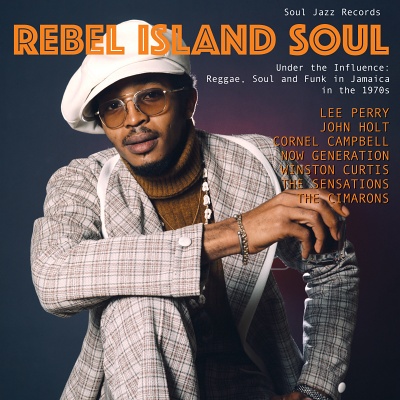
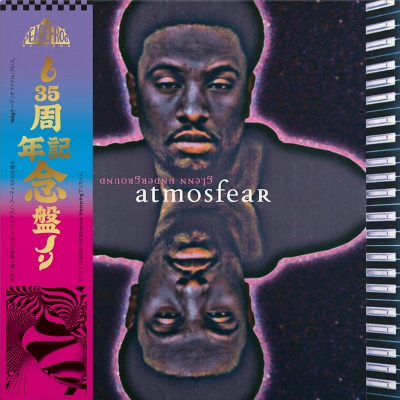
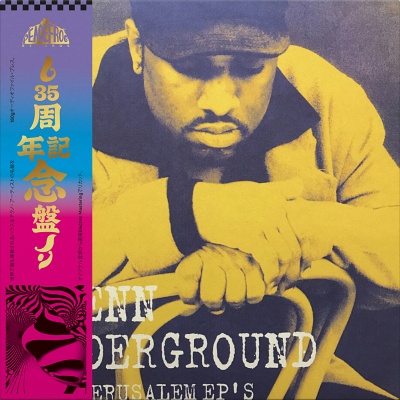
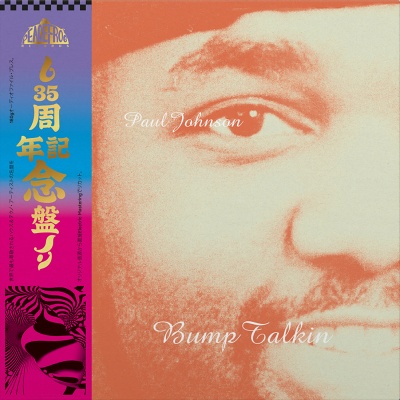
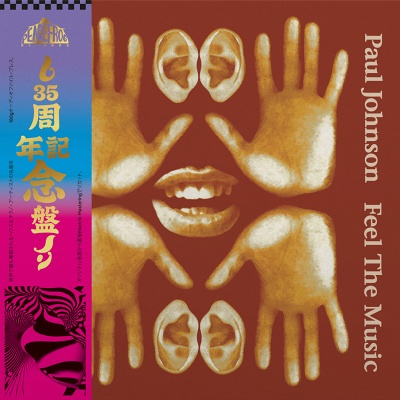
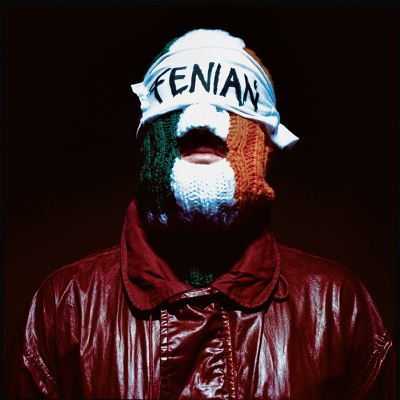

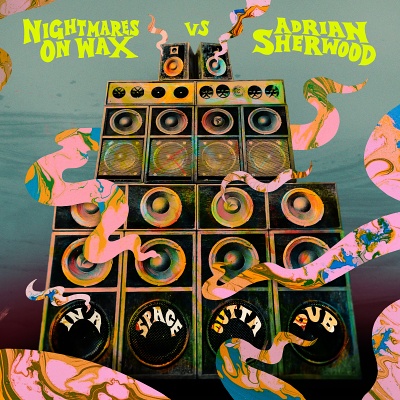
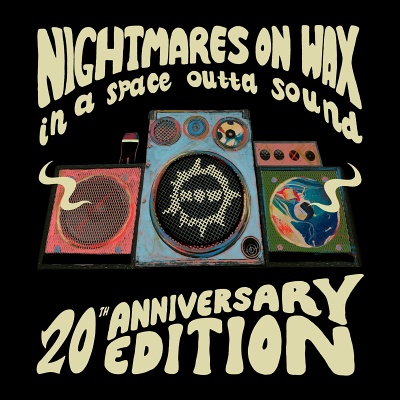

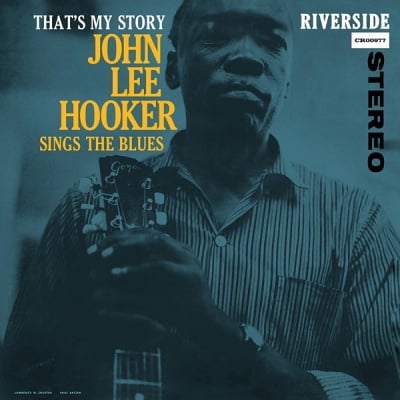


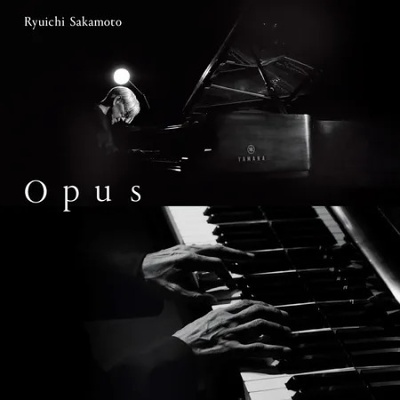

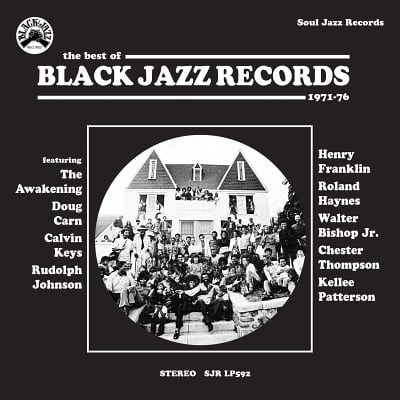
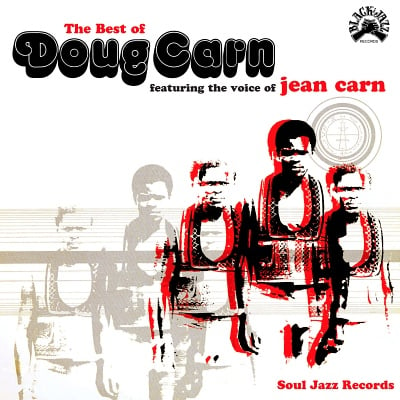

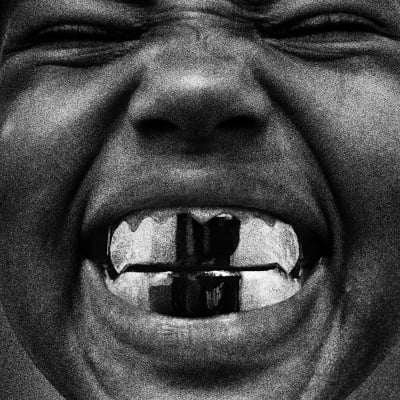
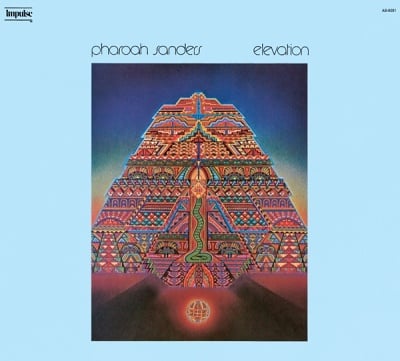
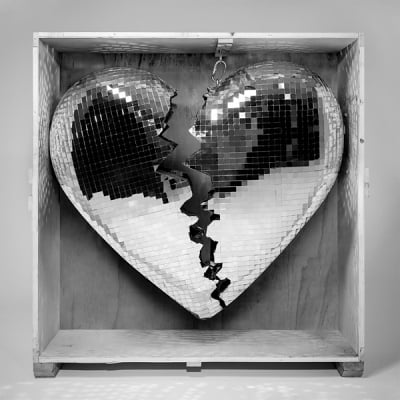

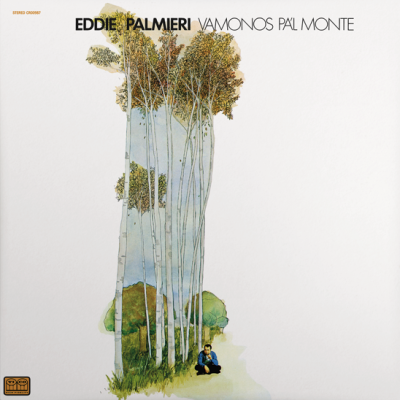
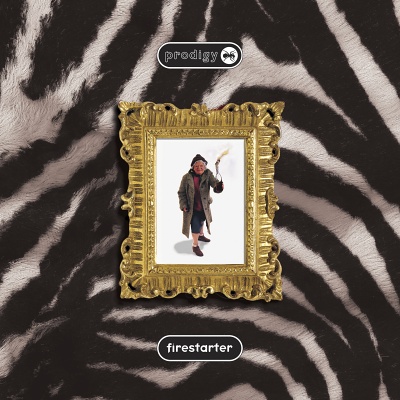
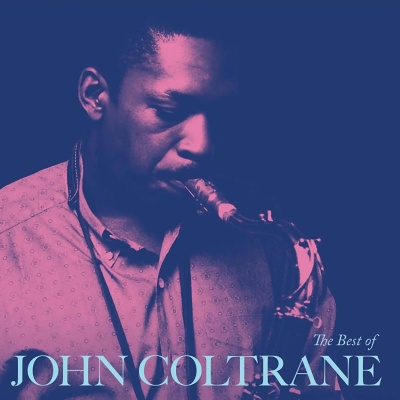
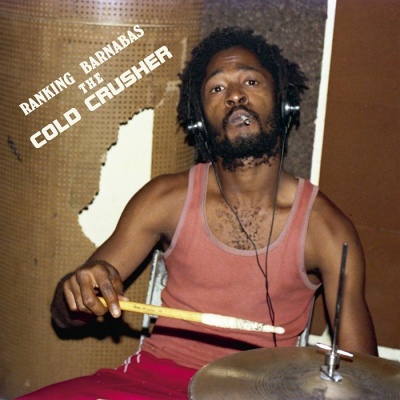

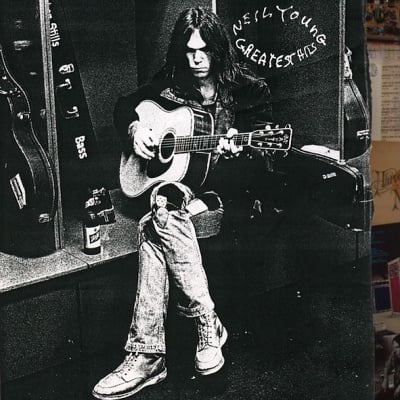
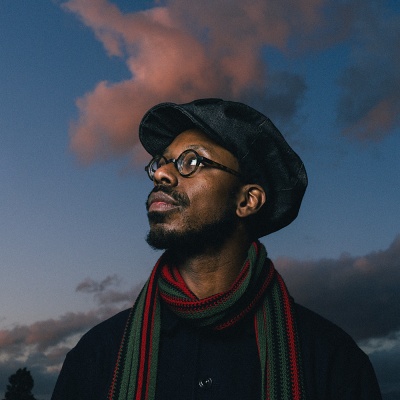
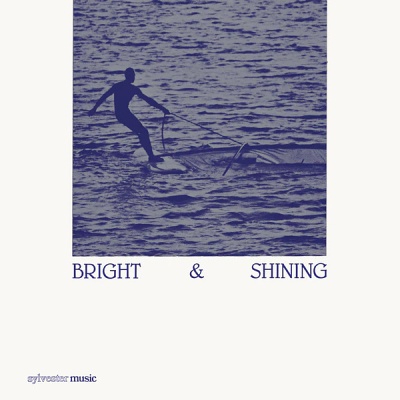
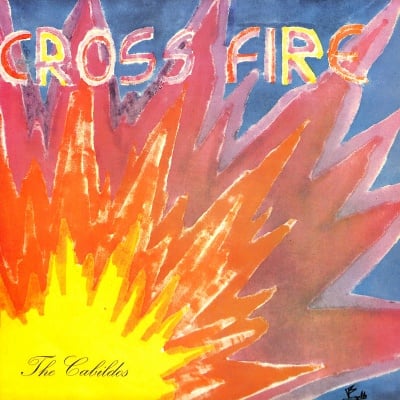
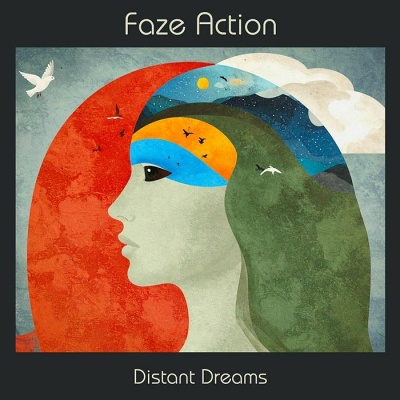
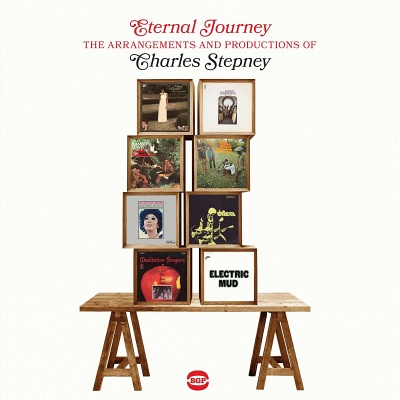
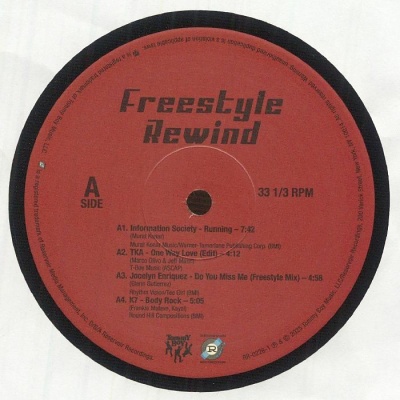
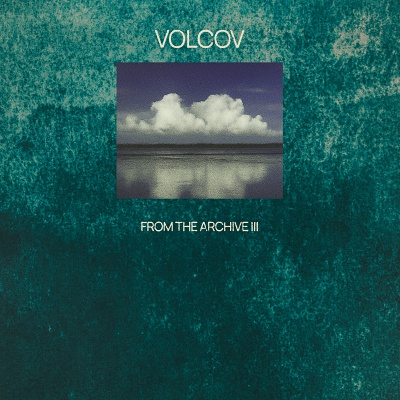
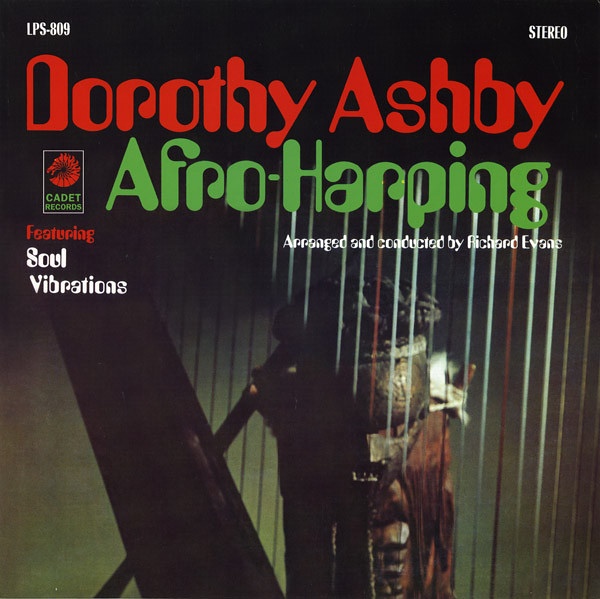
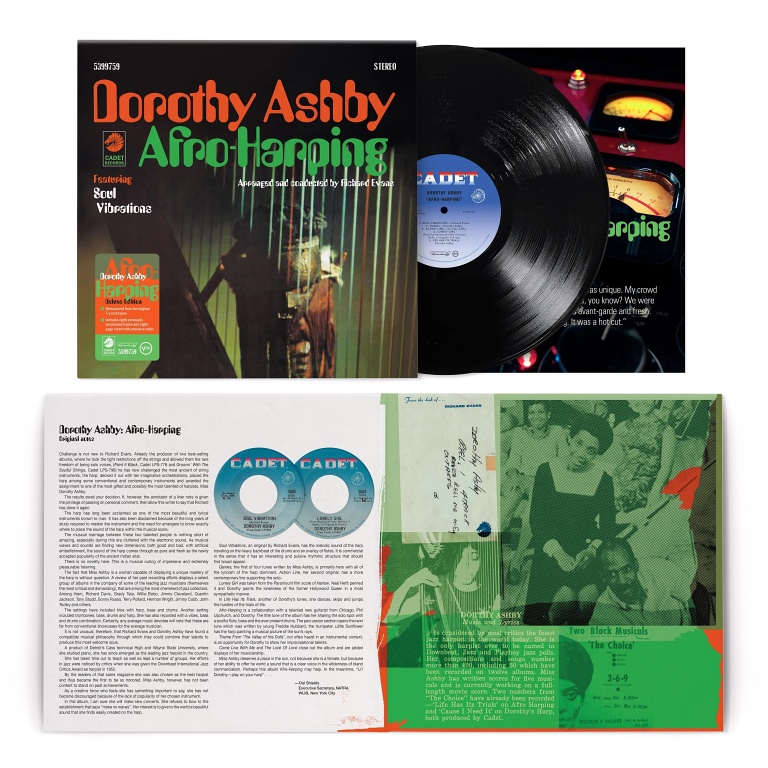
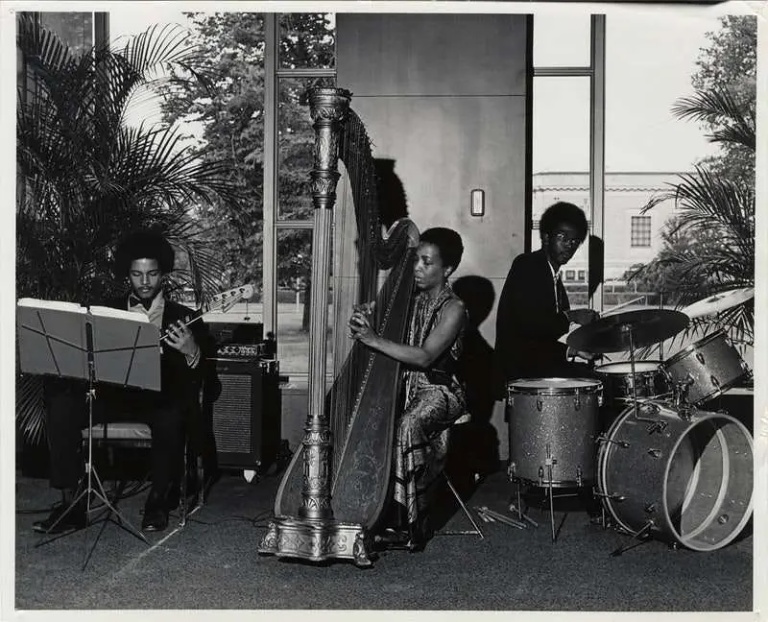
- 2×LP 5399759£36.99Deluxe EditionOut of stock Notify me when in stock
- CD 5399757£13.99Deluxe EditionIn stockAdd to Bag
- Dorothy Ashby – Soul Vibrations
- Dorothy Ashby – Games
- Dorothy Ashby – Action Line
- Dorothy Ashby – Lonely Girl
- Dorothy Ashby – Life Has Its Trials
- Dorothy Ashby – Afro-Harping
- Dorothy Ashby – Little Sunflower
- Dorothy Ashby – Theme From Valley Of The Dolls
- Dorothy Ashby – Come Live With Me
- Dorothy Ashby – The Look Of Love
- 1. Soul Vibrations
- 2. Games
- 3. Action Line
- 4. Lonely Girl
- 5. Life Has Its Trials
- 6. Afro-Harping
- 7. Little Sunflower
- 8. Theme From Valley Of The Dolls
- 9. Come Live With Me
- 10. The Look Of Love
- 11. Action Line Master A, Take 2 (Deluxe Edition Only)
- 12. Afro-Harping Alt. Take (Deluxe Edition Only)
- 13. Theme From Valley Of The Dolls Master B, Take 2 (Deluxe Edition Only)
- 14. Lonely Girl Master G, Take 1 (Deluxe Edition Only)
- 15. Soul Vibrations Alt. Take (Deluxe Edition Only)
- 16. Life Has Its Trials Master C, Take 2 (Deluxe Edition Only)
- 17. Little Sunflower Master F, Take 3 (Deluxe Edition Only)
- 18. Theme From Valley Of The Dolls Master B, Take 6 (Deluxe Edition Only)
Definitive deep funky album from harpist Dorothy Ashby. Excellent late 60's soulful jazz harp recorded for Chess with arrangements by Richard Evans and a killer (unknown) line-up! Samples galore, from "Soul Vibrations" and "Come Live With Me", plus a version of "Little Sunflower". Like an earlier version of Alice Cotrane's seminal 70s releases on Impulse.
Remastered from the original ¼ inch tapes by Alex Wharton at Abbey Road Studios, Afro-Harping is filled front-to-back with sumptuous and hypnotic grooves.
Its African percussion, soulful orchestrations, in-the-pocket rhythms and Dorothy’s virtuosity take it far beyond jazzy mood music and made it a favourite of beat heads and producers; sampled by Pete Rock, Kendrick Lamar, Jay Dee (aka J Dilla), Madlib, Flying Lotus and many others.
This deluxe version features eight bonus tracks, alternate takes from the surviving four-track session reels that are arguably superior to those on the album, including an explosive rendition of the single, ‘Soul Vibrations’, extended versions of its title track and ‘Little Sunflower’ and two fantastic jazzy readings of ‘Theme from Valley of the Dolls’.
Additional flavour is provided by some of the in-studio ‘atmosphere’ that accompanies the bonus cuts. The session reels also featured the voices of Dorothy, Evans and others: encouragement, laughter, a brief burst of beatboxing and a mild disagreement over how many bars had been played, for example. In many cases these elements have been left where they were found, the better to experience the sheer joy of being in the room with Dorothy and some of the Chicago’s finest musicians in the winter of ’68.
By that time, Evans was running every aspect of Cadet Records, applying his emerging funk formula to new and established artists, with an overflowing pipeline of work for Ramsey Lewis, John Klemmer, Frank D’Rone, Odell Brown and many more. His growing Afrocentricity, coupled with Ashby’s desire to highlight the Black struggle that had been the subject of several plays (from which three of the tracks on Afro-Harping were drawn) that she and her husband John had produced in her hometown of Detroit, provided the foundations for the recording of Afro-Harping. “Her jazz playing was very New York-ish, very sophisticated,” Evans said. “But I wanted things to be very Black, very funky at Cadet.”
Afro-Harping was rediscovered and sampled by hip-hop producers and DJs like Gilles Peterson and 4Hero.
- New LP (180g) MOVLP1977£26.99In stockAdd to Bag
- Original 2×LP 2CA 60010£20.00Vinyl condition: VG+Sleeve condition: VG+Original Pre-Owned Out-of-Print USA VinylIn stockAdd to Bag
- – Burning Spear
- 1. – Burning Spear
- View full info and tracklisting
- Original LP£15.00Vinyl condition: VG-Sleeve condition: VG+Original Pre-Owned Out-of-Print USA Vinyl VG- VINYL ONLY surface marks CHEAPIn stockAdd to Bag
- Original LP£15.00Vinyl condition: VG+Sleeve condition: VG+Original Pre-Owned Out-of-Print USA VinylIn stockAdd to Bag
- Original 7" 5594£15.00Vinyl condition: VG+Sleeve condition: VG+Original Pre-owned UK black label Chess/Cadet 45In stockAdd to Bag
- Original LP£30.00Vinyl condition: VG+Sleeve condition: VG+Original Pre-Owned Out-of-Print USA VinylIn stockAdd to Bag
- Original LP LP 4058£20.00Vinyl condition: VG+Sleeve condition: VG+Original Pre-Owned Out-Of-Print USA VinylIn stockAdd to Bag
- Original LP£20.00Vinyl condition: VG+Sleeve condition: VG+Original Pre-Owned Out-of-Print USA VinylIn stockAdd to Bag
- Original LP£30.00Vinyl condition: VG+Sleeve condition: VG+Original Pre-Owned Out-of-Print USA VinylIn stockAdd to Bag
- – It´s All Up To You
- 5. – It´s All Up To You
- View full info and tracklisting
- CD CAROLR33CD£7.99In stockAdd to Bag
- Original LP£40.00Vinyl condition: VG+Sleeve condition: VG+Original secondhand USA vinylSold out Notify me when in stock
- Original LP£12.00Vinyl condition: VG+Sleeve condition: VG+Original Pre-Owned USA vinyl
100% Guarantee on all Original Vinyl at Sounds Of The Universe - 'if you're not happy we're not happy' or your money back!In stockAdd to Bag
- – Believe Me
- 1. – Believe Me
- View full info and tracklisting
- Original 7"£10.00In stockAdd to Bag
- – I Want My Momma
- 1. – I Want My Momma
- View full info and tracklisting
- Original 7"£8.99In stockAdd to Bag
- New LP (180g) MOVLP1977£26.99In stockAdd to Bag
- – Ho Hum World
- 1. – Ho Hum World
- View full info and tracklisting
- Original 7" 5657£10.00Vinyl condition: VG+Sleeve condition: VG+Unplayed Original USA 45In stockAdd to Bag
- Original LP£25.00Vinyl condition: VG+Sleeve condition: VG+Original Pre-Owned USA vinylIn stockAdd to Bag
- LP CADT60001£25.00In stockAdd to Bag
- Original LP£15.00Vinyl condition: VG+Sleeve condition: VG+Original Pre-Owned Out-of-Print USA Vinyl
Original = Original USA pressing gatefold LP (some damage to the die cut)Sold out Notify me when in stock
- – Hallways Of My Mind
- 1. – Hallways Of My Mind
- View full info and tracklisting
- Original 7"£10.00Vinyl condition: VG+Sleeve condition: VG+Original Unplayed USA 45In stockAdd to Bag
- LP (180 gram) MOVLP1465£26.99In stockAdd to Bag
- CD 1782974£7.99Out of stock Notify me when in stock
- – jeremiah pucket
- – either or
- 1. – jeremiah pucket
- 3. – either or
- View full info and tracklisting
- Reissue LP CADT848£22.00In stockAdd to Bag
- Original 7"£6.99Vinyl condition: VG+Sleeve condition: VG+Unplayed original USA 45In stockAdd to Bag
- – Ancient Model
- – Blessed And Bewildered
- – The Fruit Of The Fall
- – The Other Side Of The Bridge
- – The Merciful Lake
- – Gravity Will Fail Us
- 1. – Ancient Model
- 2. – Blessed And Bewildered
- 3. – The Fruit Of The Fall
- View full info and tracklisting
- LP WHYT80LP£23.99Out of stock Notify me when in stock
- Betty Wright – Clean Up Woman
- Miami – Party Freaks
- Gwen McRae – All This Love That I'm Givin'
- Beginning Of The End – Monkey Tamarind
- Latimore – I Get Lifted
- Raw Soul Express – Burn The Candle
- Chocolateclay – Free (I'll Always Be)
- Betty Wright – I Love The Way You Love
- Little Beaver – Concrete Jungle
- Jimmy 'Bo' Horne – Clean Up Man
- Timmy Thomas – Africano
- Charles Allen – Winterman
- T Connection – Do What You Wanna Do
- Robert Moore – Jimmie Bo Charlie
- Milton Wright – Keep It Up
- Clarence Reid – Ten Tons Of Dynamite
- Timmy Thomas – Why Can't We Live Together
- Little Beaver – We Three
- Paulette Reaves – Do It Again
- Lynn Williams – Kisses, Kisses, Kisses
- 1. Betty Wright – Clean Up Woman
- 2. Miami – Party Freaks
- 3. Gwen McRae – All This Love That I'm Givin'
- View full info and tracklisting
- 2xLP + Download Code SJRLP541£28.00In stockAdd to Bag
- CD SJRCD541£12.00Out of stock Notify me when in stock
- MP3 Release SJRD541£9.99In stockAdd to Bag
- – God Gave Me Feet For Dancing (feat. Yazmin Lacey)
- 4. – God Gave Me Feet For Dancing (feat. Yazmin Lacey)
- View full info and tracklisting
- 2×LP PTKF3049-1£25.99Black vinylOut of stock Notify me when in stock
- CD PTKF3049-2£10.99Out of stock Notify me when in stock
- – Dreamin
- – Chi-Town Do It
- – This Man
- – We're On Our Way
- – Fortunate
- – So Many People (ft. Bilal)
- – Wise Up
- – A God (There Is) (ft. Jennifer Hudson)
- – Stellar
- – Lonesome
- – All Kind of Ideas
- – When the Sun Shines Again (ft. Posdnuos)
- – Everything's So Grand (ft. PJ)
- – Now and Then
- 1. – Dreamin
- 2. – Chi-Town Do It
- 3. – This Man
- View full info and tracklisting
- 2×LP 7263176£36.99Out of stock Notify me when in stock
- CD 7261667£14.99Out of stock Notify me when in stock
- CD 2780946£7.99In stockAdd to Bag
- – Mister Magic
- 3. – Mister Magic
- View full info and tracklisting
- Original LP£25.00Vinyl condition: VG+Sleeve condition: VG+Original Pre-Owned Out-of-Print USA VinylIn stockAdd to Bag
- LP 0081227535018£24.99In stockAdd to Bag
- – Change
- – Wind Parade
- – (Fallin' Like) Dominoes
- – Places And Spaces
- – You And The Music
- – Night Whistler
- – Just My Imagination
- 1. – Change
- 2. – Wind Parade
- 3. – (Fallin' Like) Dominoes
- View full info and tracklisting
- CD 7522468£16.99In stockAdd to Bag
- LP (180 gram) 3596800£27.99In stockAdd to Bag
- Original LP UIJY-75039PMI£45.00Vinyl condition: VGSleeve condition: VGOriginal Pre-Owned USA Vinyl, light marks to vinyl plays wellSold out Notify me when in stock
- CD CDP8543262£7.99Out of stock Notify me when in stock
- – Golden Wings
- – Corre Nina
- – Groove
- 1. – Golden Wings
- 5. – Corre Nina
- 7. – Groove
- View full info and tracklisting
- LP CR767£34.99Part of the 'Jazz Dispensary Top Shelf Series'.Out of stock Notify me when in stock
- – Tenfold
- – Heartbreaks + Setbacks
- – The Life Aquatic
- – Special Stage
- – Tron Song
- – Seven
- – Oh Sheit It's X
- – Without You
- – Lotus and the Jondy
- – Evangelion
- – We'll Die
- – A Message For Austin / Praise the Lord / Enter The Void
- 1. – Tenfold
- 2. – Heartbreaks + Setbacks
- 3. – The Life Aquatic
- View full info and tracklisting
- New LP (Coloured Vinyl) BF040X£32.99Out of stock Notify me when in stock
- Gil Scott-Heron – The Revolution Will Not Be Televised
- Leon Thomas – Just In Time To See The Sun
- Bob Thiele Emergency – Head Start
- Cesar – See Saw Affair
- Esther Marrow – Peaceful Man
- Lonnie Liston Smith & The Cosmic Echoes – Expansions
- Gato Barbieri – Bolivia
- Ornette Coleman – Friends And Neighbors
- Oliver Nelson – 125th St & 7th Ave
- Harold Alexander – Mama Soul
- Pretty Purdie – Heavy Soul Slinger
- Steve Allen – Soulful Strut
- Gil Scott-Heron – Whitey On The Moon
- Bob Thiele Emergency – Lament For John Coltrane (Take 1)
- Lonnie Liston Smith & The Cosmic Echoes – Peaceful Ones
- Leon Thomas – Echoes
- 1. Gil Scott-Heron – The Revolution Will Not Be Televised
- 2. Leon Thomas – Just In Time To See The Sun
- 3. Bob Thiele Emergency – Head Start
- View full info and tracklisting
- New 2×LP BGP2314£20.99In stockAdd to Bag
- CD CDBGPD314£11.99In stockAdd to Bag
- CD GSJGZ001CD£9.99Out of stock Notify me when in stock
- LP Satun9956H£18.00Out of stock Notify me when in stock
- – Rough Out Here
- – Head On Collision With Heartbreak
- – Love At Last
- – I’ll Always Love You
- – I’m Hopelessly In Love
- – I Can’t Fight Your Love
- – Worth Your Weight In Gold
- – Those Were The Best Days Of My Life
- – Share What You Got, Keep What You Need
- 1. – Rough Out Here
- 2. – Head On Collision With Heartbreak
- 3. – Love At Last
- View full info and tracklisting
- New LP (Coloured Vinyl) MOVLP3651C£32.99Out of stock Notify me when in stock
- – Beef Rapp
- – Hoe Cakes
- – Potholderz Feat Count Bass D
- – One Beer
- – Fillet-o-rapper
- – Guinnesses
- 1. – Beef Rapp
- 2. – Hoe Cakes
- 3. – Potholderz Feat Count Bass D
- View full info and tracklisting
- New 2×LP (Coloured Vinyl) RSE400LPC1£33.99• Case wrapped tip-on gatefold vinyl jacket
• 3-colour sweetart marble effect coloured double vinyl, with white dust sleevesOut of stock Notify me when in stock - CD RSE400CD£13.00Out of stock Notify me when in stock
- Jacob Miller – Westbound Train
- Hortense Ellis – People Make The World Go Round
- Horace Andy – Ain't No Sunshine
- Soul Vendors – Swing Easy
- The Heptones – Choice Of Colours
- Jackie Mittoo & The Brentford Disco Set – Choice Of Music Part 2
- Prinze Jazzbo – Fool For Love
- Cornell Campbell – Ten To One
- Winston Francis – Don't Change
- Jackie Mittoo – Jumping Jehosophat
- Tony Gregory – Get Out Of My Life Woman
- Dub Specialist – Darker Block
- Little Joe – Red Robe
- Devon Russell – Make Me Beleive In You
- Jerry Jones – Compared To What
- Ken Boothe – Thinking
- Anthony Creary – Land Call Africa
- Jackie Mittoo – Fancy Pants
- 1. Jacob Miller – Westbound Train
- 2. Hortense Ellis – People Make The World Go Round
- 3. Horace Andy – Ain't No Sunshine
- View full info and tracklisting
- New 2×LP (Coloured Vinyl) + Download Code SJRLP556C£28.00In stockAdd to Bag
- CD SJRCD556£12.00In stockAdd to Bag
- MP3 Release SJRD128£9.99In stockAdd to Bag
- Book (600g) 9781904794363£15.00 £8.00Out of stock Notify me when in stock
- – C'est Cette Comète
- – All Talk
- – Nomad
- – Force of Will
- – Little Orphan Boy
- – Path to Macondo
- – Mami Wata
- – Hold On
- 1. – C'est Cette Comète
- 2. – All Talk
- 3. – Nomad
- View full info and tracklisting
- 2×LP BBE681ALP£32.99Out of stock Notify me when in stock
- CD BBE681ACD£16.99Out of stock Notify me when in stock
- Cedric Im Brooks – Shaft
- Alton Ellis – African Descendents
- Pablove Black – Poco Tempo
- Lloyd Williams – Reggae Feet
- Jackie MIttoo – Hang Em High
- Cedric Im Brooks – Idleberg
- Prince Francis – Beat Down Babylon
- Lee Arab – Now
- Soul Bros. – 007
- Prince Moonie – See A Man's Face
- Im And Sound Dimension – Love Jah
- Leroy Sibbles – Do Your Thing
- The Sharks – Music Answer
- Underground Vegetables – Melting Pot
- Devon Russell – You Found Heaven
- Vin Gordon – Steady Beat
- Alton Ellis – It's A Shame
- Roy Richards – Another Thing
- Delroy Wilson – Funky Broadway
- 1. Cedric Im Brooks – Shaft
- 2. Alton Ellis – African Descendents
- 3. Pablove Black – Poco Tempo
- View full info and tracklisting
- 2xLP (Coloured Vinyl) + Download Code SJRLP97C£28.00In stockAdd to Bag
- CD (Limited Edition Coloured CD) SJRCD97C£12.00In stockAdd to Bag
- Cassette Tape SJRCT97£12.00Out of stock Notify me when in stock
- MP3 Release£9.99In stockAdd to Bag
- New LP (180g) MOVLP1977£26.99In stockAdd to Bag
- – Foreword
- – Borderline
- – Aged Eyes feat. Kaya Thomas-Dyke
- – Cycles
- – The Gist
- – Genda
- – Apho feat. Bongeziwe Mabandla
- – Variables
- – 4th Feb (Stay Awake)
- – BC
- 1. – Foreword
- 2. – Borderline
- 3. – Aged Eyes feat. Kaya Thomas-Dyke
- View full info and tracklisting
- LP 279511£23.00Out of stock Notify me when in stock
- CD 279512£11.00Out of stock Notify me when in stock
- Alton Ellis – It's True
- The Heptones – You Turned Away
- The Gladiators – Mr Sweet
- The Jail Breakers – Work It Up
- Lee Perry & The Gaylads – Run Rudie Run
- The Heptones – Young Generation
- Jackie Mittoo – Good Feeling
- C. Marshall – I Need Your Loving
- Alton Ellis – I'll Be Waiting
- The Clarendonians – The Tables Gonna Turn
- Ken Parker – When You're Gone
- Sound Dimension – Traveling Home
- Errol Dunkley – Get Up Now
- John Holt – My Heart Is Gone
- Freedom Singers and Larry Marshall – Monkey Man
- The Ethiopians – Let The Light Shine
- Im and David – Money Maker
- The Viceroys – Lose and Gain
- 1. Alton Ellis – It's True
- 2. The Heptones – You Turned Away
- 3. The Gladiators – Mr Sweet
- View full info and tracklisting
- 2xLP (+ Download Code) SJRLP464£28.00Out of stock Notify me when in stock
- CD SJRCD464£12.00In stockAdd to Bag
- MP3 Release SJRD464£9.99In stockAdd to Bag
- Barry Brown – Mafia
- King Tubby – Mafia Dub
- 1. Barry Brown – Mafia
- 2. King Tubby – Mafia Dub
- View full info and tracklisting
- 7" RJ 050£12.00In stockAdd to Bag
- Book (1.5kg)£30.00 £15.00New hardback bookOut of stock Notify me when in stock
- Dub Specialist – Red Neck
- Dub Specialist – Marcus Dub
- Dub Specialist – Accra
- Dub Specialist – A Lie Gal A Tell
- Dub Specialist – Squash Dub
- Dub Specialist – Pick Up The Version
- Dub Specialist – Saucy Perila
- Dub Specialist – Roaring Reggae
- Dub Specialist – Still Water Version
- Dub Specialist – My Man Part 2
- Dub Specialist – Disco Dub
- Dub Specialist – Tricky
- Dub Specialist – Illiteracy Version
- Dub Specialist – Wailing Sounds
- Dub Specialist – Juk's Inc.
- Dub Specialist – Barb Wire Version
- Dub Specialist – Queen Of The Rub
- Dub Specialist – I A See I
- 1. Dub Specialist – Red Neck
- 2. Dub Specialist – Marcus Dub
- 3. Dub Specialist – Accra
- View full info and tracklisting
- 2xLP (+ Download Code) SJRLP504£28.00Out of stock Notify me when in stock
- CD SJRCD504£12.00In stockAdd to Bag
- MP3 Release SJRD504£9.99In stockAdd to Bag
- – Love Me A Deal With
- – Version
- 1. – Love Me A Deal With
- 2. – Version
- View full info and tracklisting
- 7" HPS 002£12.00Out of stock Notify me when in stock
